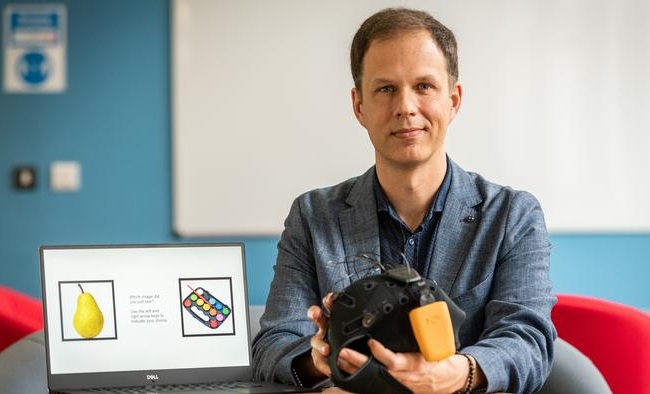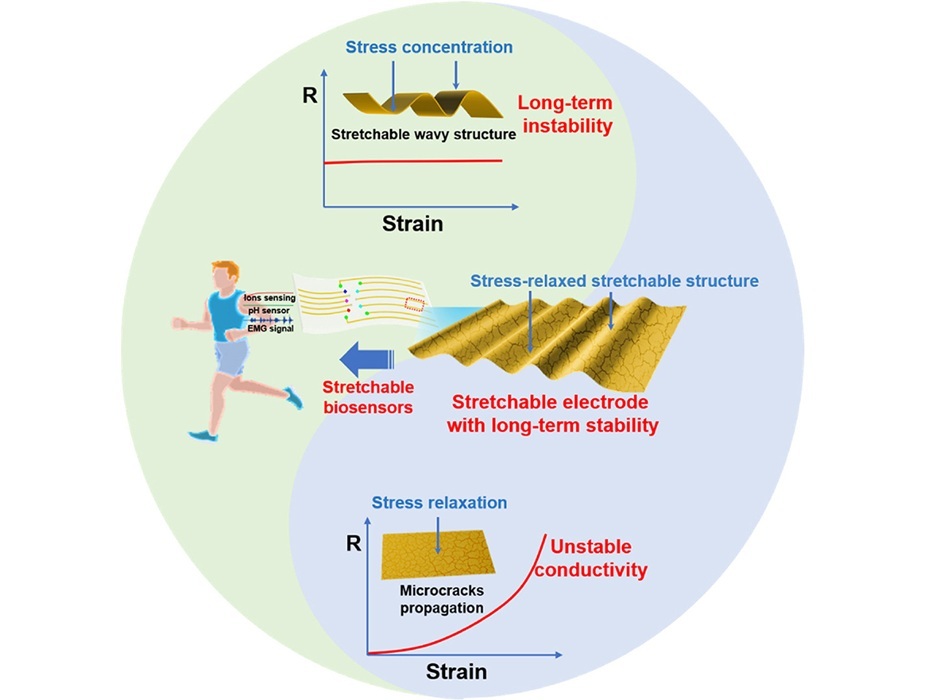AI Vital For Rapid Identification of Drugs That Can Be Repurposed To Combat COVID-19, Says New Report
|
By HospiMedica International staff writers Posted on 21 Aug 2020 |

Illustration
Artificial intelligence (AI) offers significant promise for biopharmaceutical companies to speed up the drug repurposing process for finding new therapies to treat COVID-19, according to a new report.
The COVID-19 Executive Briefing report by GlobalData (London, UK; www.globaldata.com), a research, consulting and events firm, states that drug repurposing is among the fastest and safest methods to seek new therapies for the treatment of COVID-19, as the drugs are already being used for treating various existing conditions, thus reducing the possibility of adverse reactions. AI technologies are expected to play a significant role in allowing biopharmaceutical companies to shorten the time required for pre-clinical drug identification and design process.
The Innovation Explorer database of GlobalData’s Disruptor Intelligence Center has revealed how AI startups are helping identify suitable molecules that target COVID-19. For instance, BenevolentAI, a startup, is using its AI-based drug discovery platform to identify drugs that have the potential to disrupt selected viral entry pathways of COVID-19, thereby preventing the virus from replicating. Another startup Elix has harnessed various neural networks in order to predict the chemical properties of molecules with the capacity to neutralize COVID-19. Similarly, Gero, a startup, has leveraged AI to rapidly screen existing drug molecules for the treatment of COVID-19. Additionally, other startups such as Repurpose.AI and Atomwise are entering into partnerships with global research institutes to utilize their AI-powered predictive models for locating new drug molecules for the treatment of COVID-19.
“Typically developing a new drug takes almost a decade and costs anywhere between $2 billion to USD 3 billion,” said Venkata Naveen, Senior Disruptive Tech Analyst at GlobalData. “But now biopharmaceutical companies are in dire need to accelerate the entire drug development process given that COVID-19 cases and deaths are mounting every day. Under these circumstances, AI technologies allow companies to significantly shorten the pre-clinical drug identification and design process from several years to a few days or months.”
Related Links:
GlobalData
The COVID-19 Executive Briefing report by GlobalData (London, UK; www.globaldata.com), a research, consulting and events firm, states that drug repurposing is among the fastest and safest methods to seek new therapies for the treatment of COVID-19, as the drugs are already being used for treating various existing conditions, thus reducing the possibility of adverse reactions. AI technologies are expected to play a significant role in allowing biopharmaceutical companies to shorten the time required for pre-clinical drug identification and design process.
The Innovation Explorer database of GlobalData’s Disruptor Intelligence Center has revealed how AI startups are helping identify suitable molecules that target COVID-19. For instance, BenevolentAI, a startup, is using its AI-based drug discovery platform to identify drugs that have the potential to disrupt selected viral entry pathways of COVID-19, thereby preventing the virus from replicating. Another startup Elix has harnessed various neural networks in order to predict the chemical properties of molecules with the capacity to neutralize COVID-19. Similarly, Gero, a startup, has leveraged AI to rapidly screen existing drug molecules for the treatment of COVID-19. Additionally, other startups such as Repurpose.AI and Atomwise are entering into partnerships with global research institutes to utilize their AI-powered predictive models for locating new drug molecules for the treatment of COVID-19.
“Typically developing a new drug takes almost a decade and costs anywhere between $2 billion to USD 3 billion,” said Venkata Naveen, Senior Disruptive Tech Analyst at GlobalData. “But now biopharmaceutical companies are in dire need to accelerate the entire drug development process given that COVID-19 cases and deaths are mounting every day. Under these circumstances, AI technologies allow companies to significantly shorten the pre-clinical drug identification and design process from several years to a few days or months.”
Related Links:
GlobalData
Latest COVID-19 News
- Low-Cost System Detects SARS-CoV-2 Virus in Hospital Air Using High-Tech Bubbles
- World's First Inhalable COVID-19 Vaccine Approved in China
- COVID-19 Vaccine Patch Fights SARS-CoV-2 Variants Better than Needles
- Blood Viscosity Testing Can Predict Risk of Death in Hospitalized COVID-19 Patients
- ‘Covid Computer’ Uses AI to Detect COVID-19 from Chest CT Scans
- MRI Lung-Imaging Technique Shows Cause of Long-COVID Symptoms
- Chest CT Scans of COVID-19 Patients Could Help Distinguish Between SARS-CoV-2 Variants
- Specialized MRI Detects Lung Abnormalities in Non-Hospitalized Long COVID Patients
- AI Algorithm Identifies Hospitalized Patients at Highest Risk of Dying From COVID-19
- Sweat Sensor Detects Key Biomarkers That Provide Early Warning of COVID-19 and Flu
- Study Assesses Impact of COVID-19 on Ventilation/Perfusion Scintigraphy
- CT Imaging Study Finds Vaccination Reduces Risk of COVID-19 Associated Pulmonary Embolism
- Third Day in Hospital a ‘Tipping Point’ in Severity of COVID-19 Pneumonia
- Longer Interval Between COVID-19 Vaccines Generates Up to Nine Times as Many Antibodies
- AI Model for Monitoring COVID-19 Predicts Mortality Within First 30 Days of Admission
- AI Predicts COVID Prognosis at Near-Expert Level Based Off CT Scans
Channels
Critical Care
view channel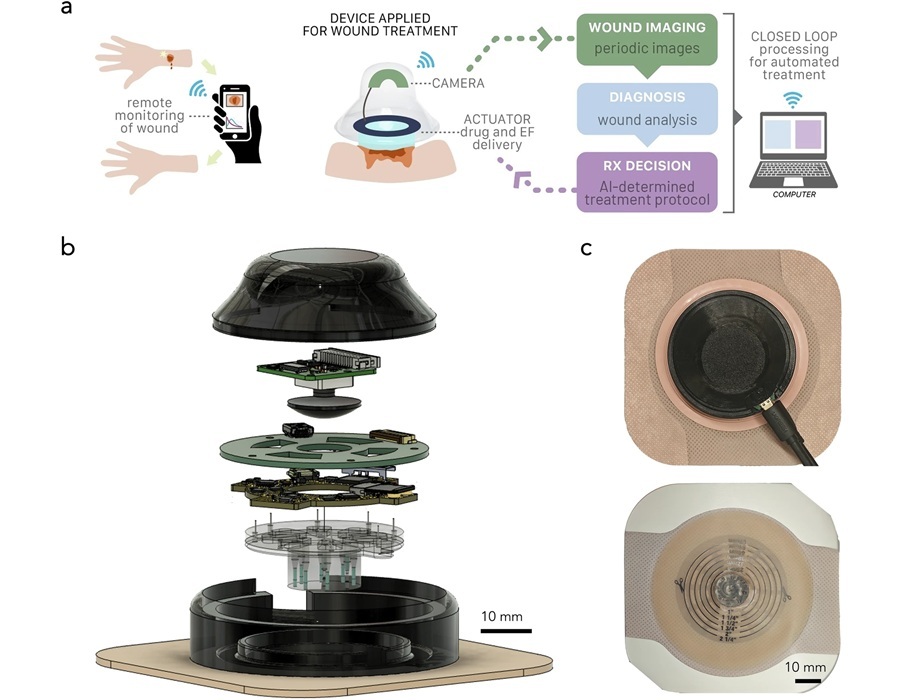
Wearable ‘Microscope in a Bandage’ Fastens Wound Healing
Wound healing is a complex biological process that moves through stages, including clotting, immune response, scabbing, and scarring. For many patients, especially those in remote areas or with limited... Read more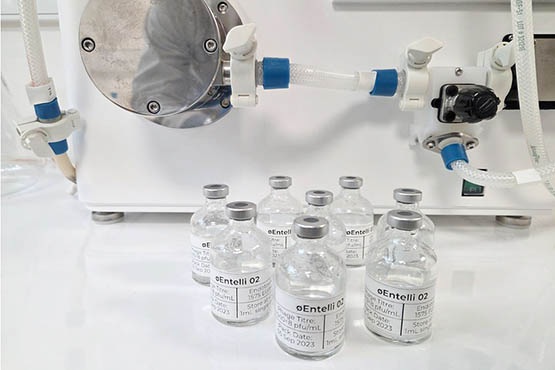
Virus Cocktail to Combat Superbugs Offers New Precision Medicine Approach for Hospitals Battling AMR
Antimicrobial resistance is one of the most pressing challenges in modern medicine, making once-treatable infections increasingly lethal. Enterobacter infections, for example, are difficult to treat and... Read moreSurgical Techniques
view channel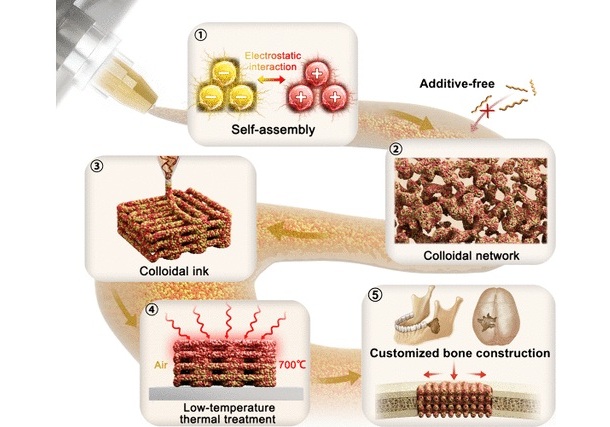
3D Printable Bio-Active Glass Could Serve as Bone Replacement Material
Glass may not seem like a natural choice for replacing bone, yet the two materials share surprising similarities in structure and strength. Bone and glass both bear weight more effectively than they withstand... Read more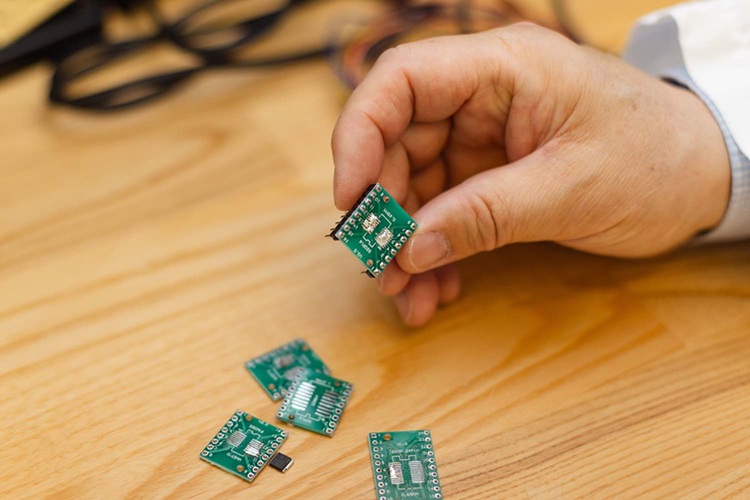
Micro Imaging Device Paired with Endoscope Spots Cancers at Earlier Stage
Digestive system cancers are among the most common cancers, with hundreds of thousands of new cases and deaths reported annually in the United States. Standard endoscopy, the main diagnostic method for... Read more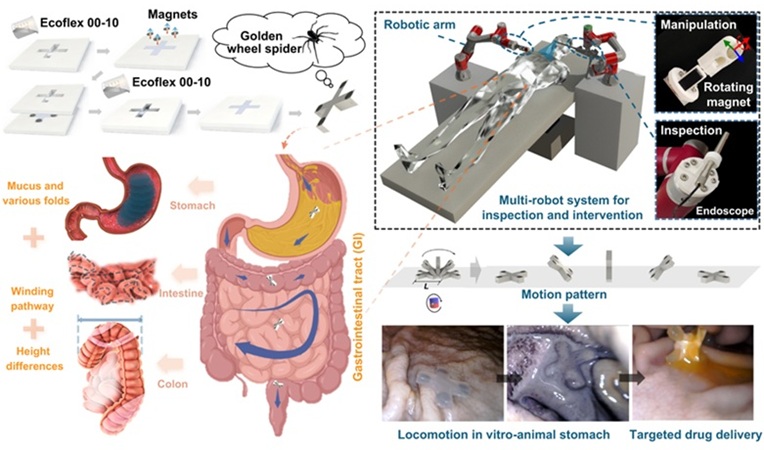
Spider-Inspired Magnetic Soft Robots to Perform Minimally Invasive GI Tract Procedures
The gastrointestinal (GI) tract is vital for digestion, nutrient absorption, and waste elimination, but it is also prone to cancers and other serious conditions. Standard endoscopy is widely used for diagnosis... Read morePatient Care
view channel
Revolutionary Automatic IV-Line Flushing Device to Enhance Infusion Care
More than 80% of in-hospital patients receive intravenous (IV) therapy. Every dose of IV medicine delivered in a small volume (<250 mL) infusion bag should be followed by subsequent flushing to ensure... Read more
VR Training Tool Combats Contamination of Portable Medical Equipment
Healthcare-associated infections (HAIs) impact one in every 31 patients, cause nearly 100,000 deaths each year, and cost USD 28.4 billion in direct medical expenses. Notably, up to 75% of these infections... Read more
Portable Biosensor Platform to Reduce Hospital-Acquired Infections
Approximately 4 million patients in the European Union acquire healthcare-associated infections (HAIs) or nosocomial infections each year, with around 37,000 deaths directly resulting from these infections,... Read moreFirst-Of-Its-Kind Portable Germicidal Light Technology Disinfects High-Touch Clinical Surfaces in Seconds
Reducing healthcare-acquired infections (HAIs) remains a pressing issue within global healthcare systems. In the United States alone, 1.7 million patients contract HAIs annually, leading to approximately... Read moreHealth IT
view channel
Printable Molecule-Selective Nanoparticles Enable Mass Production of Wearable Biosensors
The future of medicine is likely to focus on the personalization of healthcare—understanding exactly what an individual requires and delivering the appropriate combination of nutrients, metabolites, and... Read moreBusiness
view channel
Philips and Masimo Partner to Advance Patient Monitoring Measurement Technologies
Royal Philips (Amsterdam, Netherlands) and Masimo (Irvine, California, USA) have renewed their multi-year strategic collaboration, combining Philips’ expertise in patient monitoring with Masimo’s noninvasive... Read more
B. Braun Acquires Digital Microsurgery Company True Digital Surgery
The high-end microsurgery market in neurosurgery, spine, and ENT is undergoing a significant transformation. Traditional analog microscopes are giving way to digital exoscopes, which provide improved visualization,... Read more
CMEF 2025 to Promote Holistic and High-Quality Development of Medical and Health Industry
The 92nd China International Medical Equipment Fair (CMEF 2025) Autumn Exhibition is scheduled to be held from September 26 to 29 at the China Import and Export Fair Complex (Canton Fair Complex) in Guangzhou.... Read more












